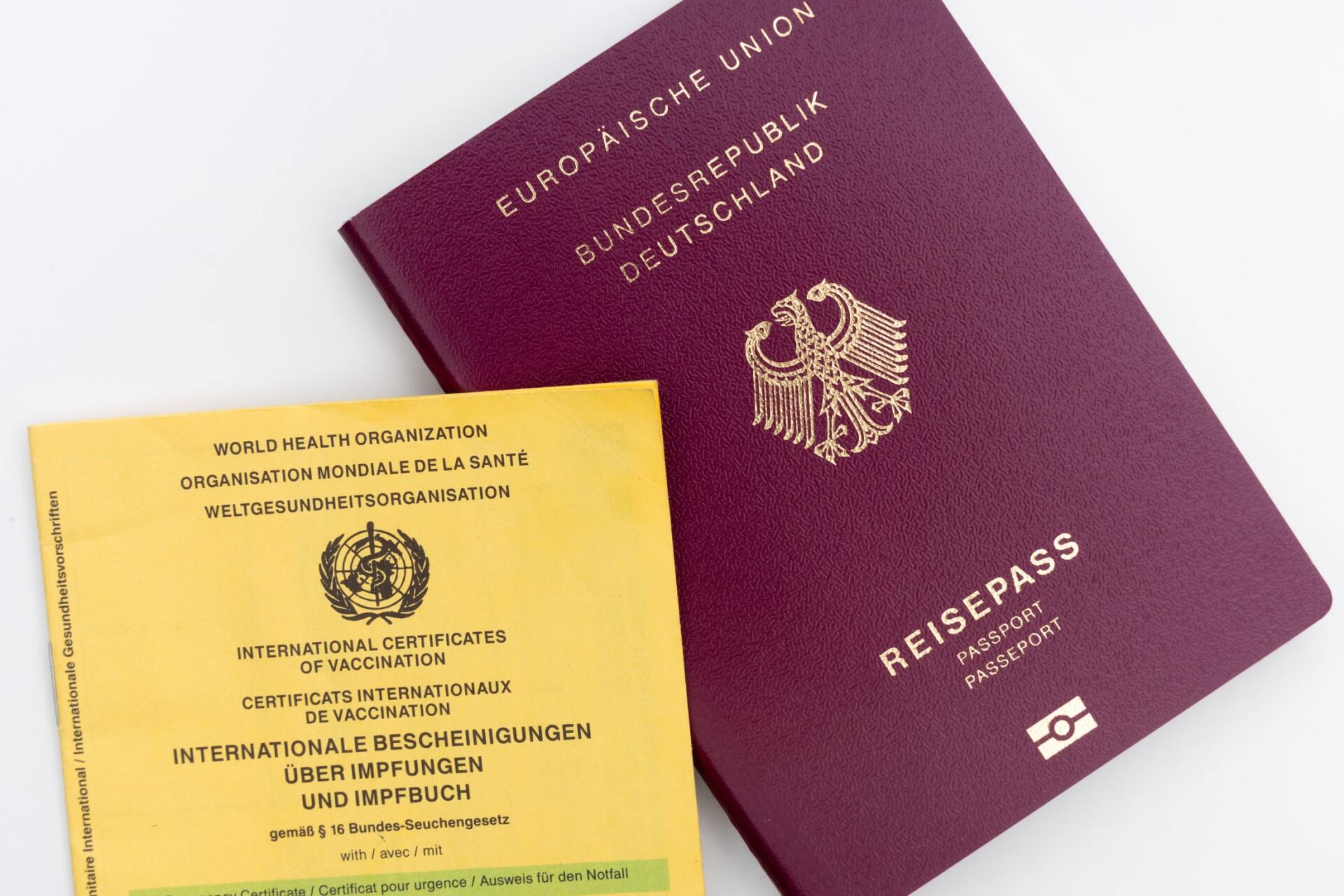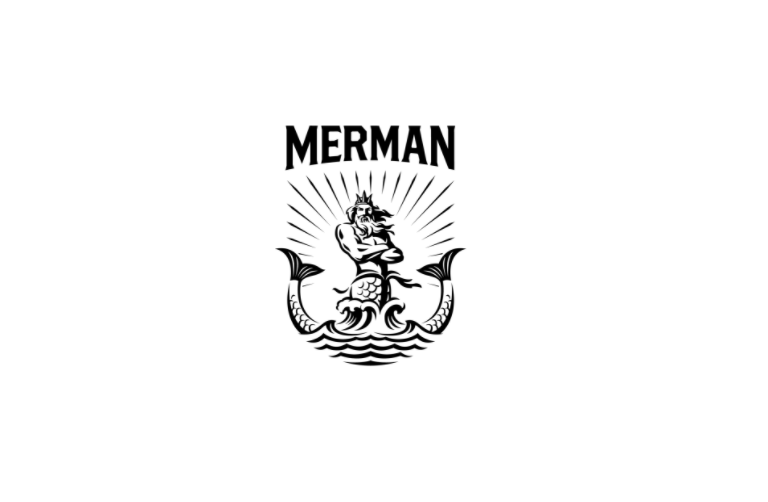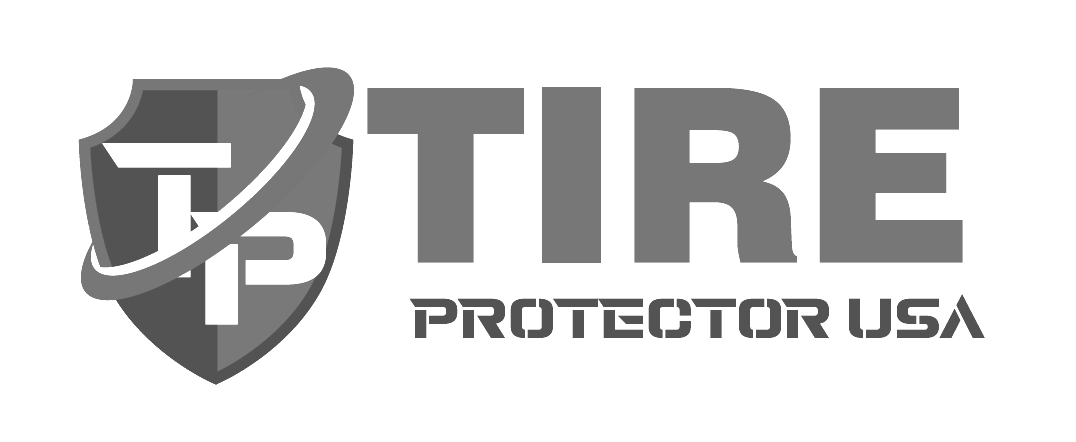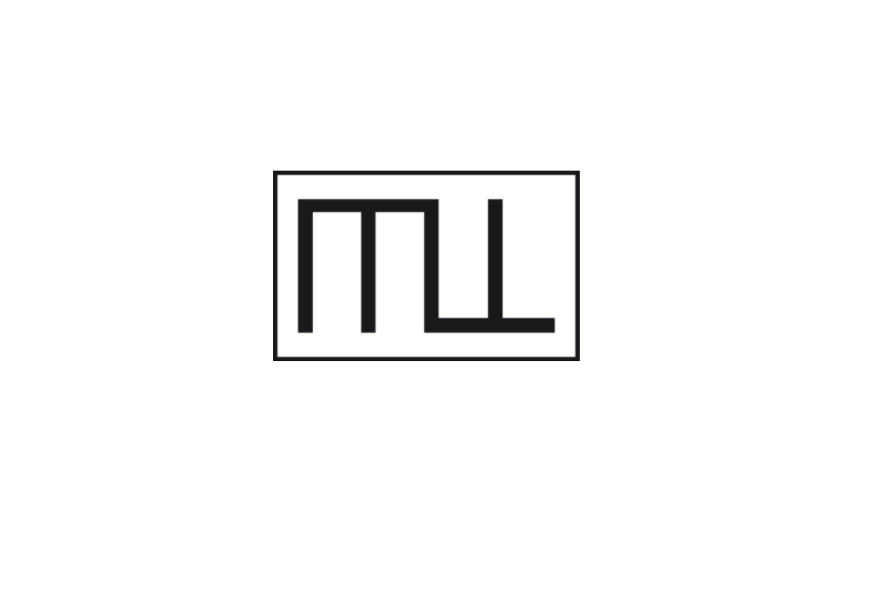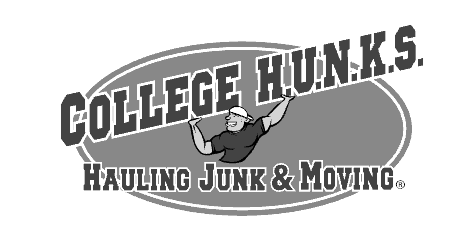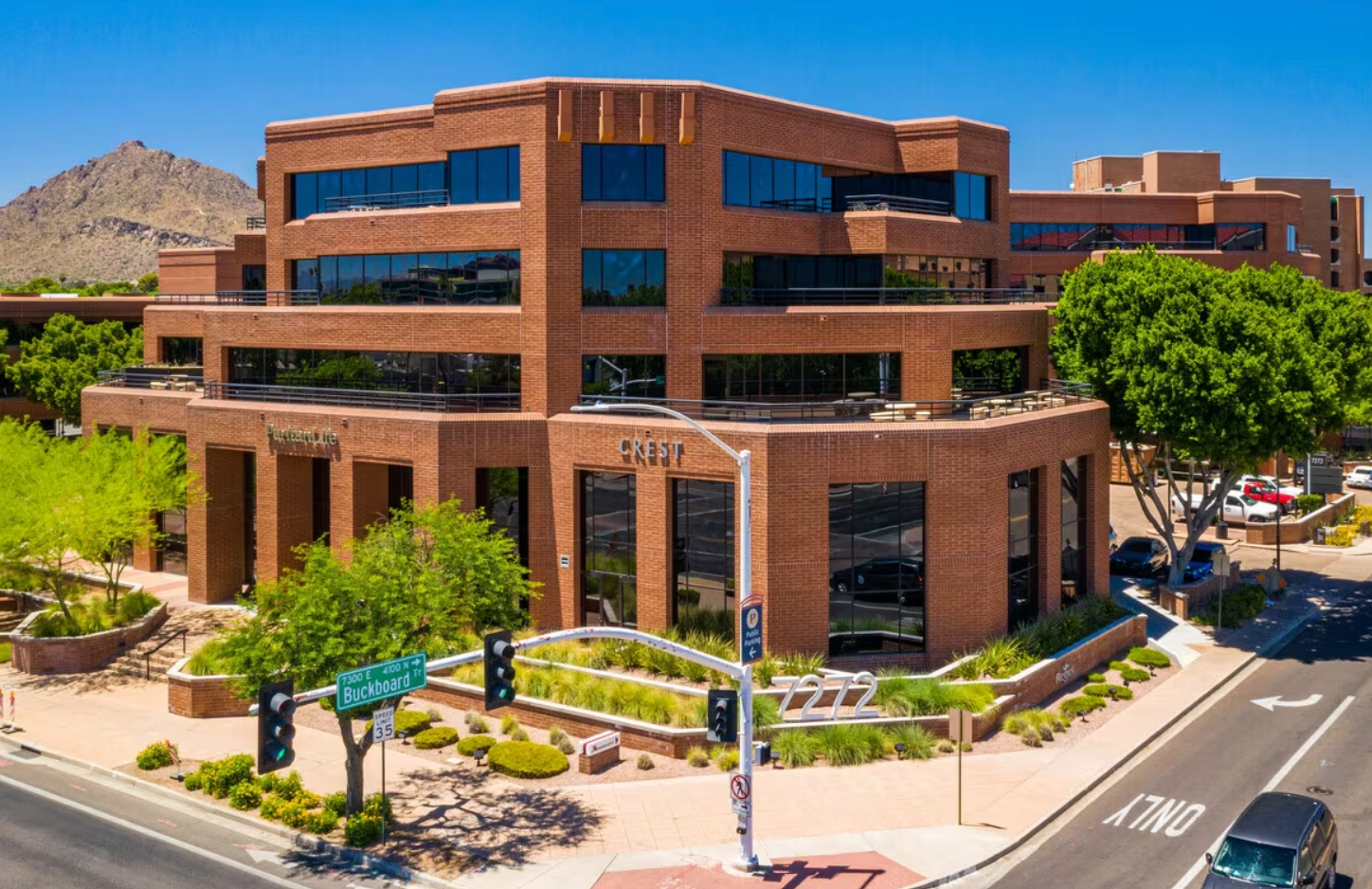E2 Visa
E2 visa is the most affordable and achievable way to get to the US, and a great alternative to the L1 Visa.
The Visa process can be stressful. We're here to take care of it. We'll help you choose the best investment visa to suit your E-2Visa needs. We'll create a Visa Package - over 200 pages long - that "sells" the company and the Client to the Immigration officials by combining the required documents with powerful business marketing. We'll set up your company ensuring best tax strategy and business setup. And that's just the tip of the iceberg.
+50
Industries
+500 cases
Cases
Get Immigration Attorneys & Entrepreneurs working on your case
The 200-page long Visa Package
Hire a professional and take the stress out of immigration.
Thinking About an E-2 Visa?
Some ways to help
Frequently asked questions
E-2 Visa Basic Questions
E-2 Visa Investment Questions
E-2 Visa Business Questions
E-2 Visa Problems
Let us answer your questions — for free!
E-2 Visas with 99% Success Rate
Vizamerica can help you with your E2 Visa
For us, it's quality not quantity that counts. We provide A to Z bespoke immigration law and business consulting services to entrepreneurs from all over the world. Our services are tailored to your unique needs. With our 24/7 support and a wide range of experts, you'll successfully obtain your E2 Visa in no time.
| Features | |
|---|---|
| ✓ 100% Success Rate | ✓ +100 entrepreneurs |
| ✓ A to Z Services | ✓ 24/7 Support |
| ✓ Tailored Approach | ✓ In-house Team |






